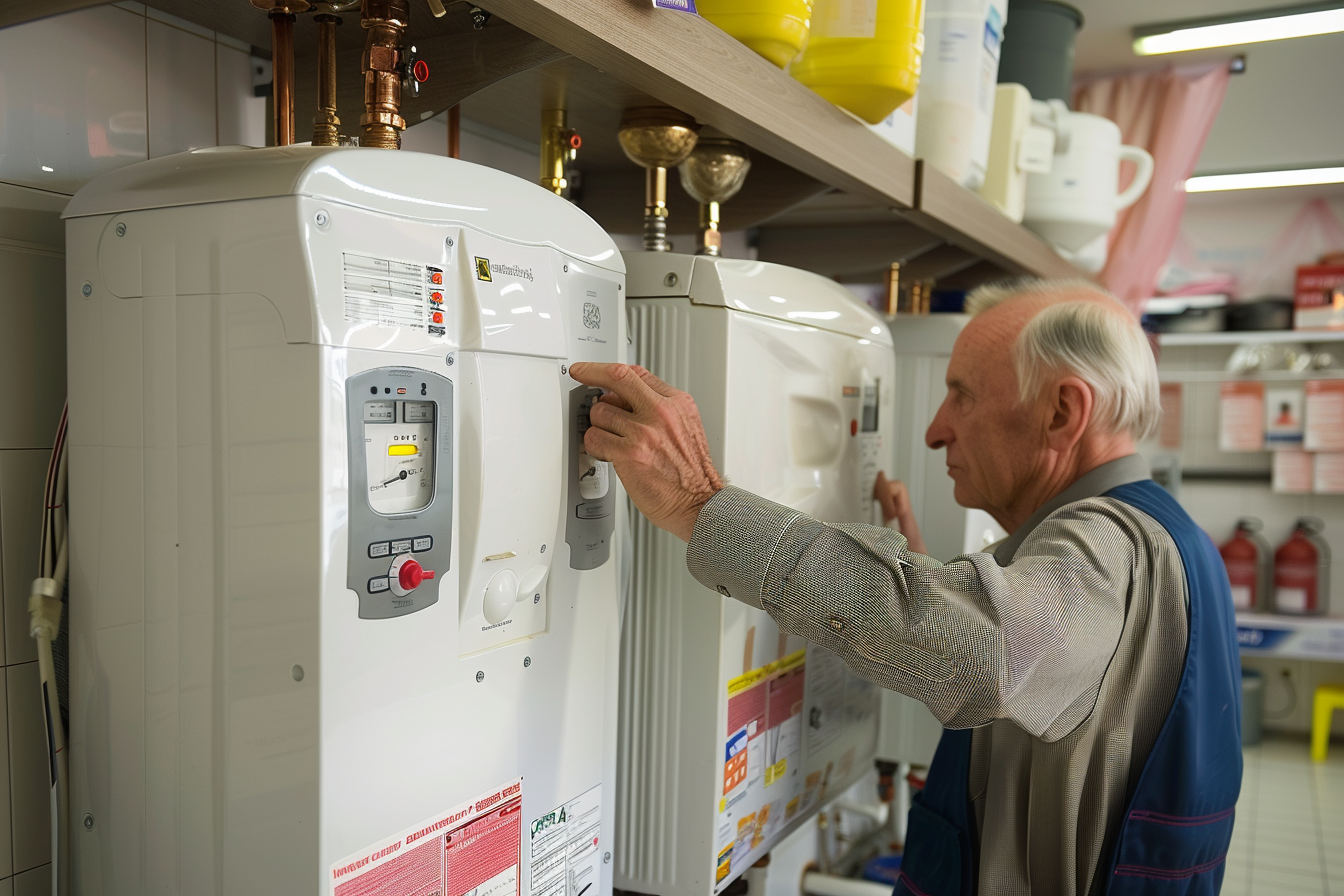Boiler Replacement Grants May Help Brits Get New Boilers
Boiler replacement grants in the UK serve as a pivotal step towards energy efficiency, supported mainly by the Energy Company Obligation (ECO) Scheme. Top grants aid homeowners in replacing old heating systems, potentially reducing energy bills. Regional programs and alternative supports enhance access to eco-friendly heating, making sustainable upgrades more achievable. Understand key eligibility and options available

Rising energy costs and aging heating systems have left many British households searching for affordable solutions to replace their old, inefficient boilers. Fortunately, several grant programmes exist across the UK to help eligible homeowners upgrade their heating systems without bearing the full financial burden.
Understanding Boiler Replacement Grants in the UK
The UK government and various regional authorities offer multiple grant schemes to support boiler replacements, particularly for households struggling with energy costs or living in fuel poverty. The primary national scheme is the Energy Company Obligation (ECO4), which runs until 2026 and provides funding for energy efficiency improvements, including boiler replacements. Additionally, the Boiler Upgrade Scheme offers grants for heat pump installations as part of the government’s net-zero strategy.
These programmes typically target older, less efficient boilers that contribute to higher energy bills and increased carbon emissions. Gas boilers over 15 years old, oil boilers, and solid fuel systems often qualify for replacement under these schemes, provided other eligibility criteria are met.
Exploring Alternative Schemes and Regional Support
Beyond national programmes, various regional and local authorities offer additional support for boiler replacements. Welsh Government’s Nest scheme provides free home energy improvements, including boiler replacements, for eligible households. Scotland’s Home Energy Scotland programme offers similar support, while Northern Ireland has its own energy efficiency schemes.
Local councils often run their own initiatives, sometimes partnering with energy companies or housing associations to provide additional funding. Some utility companies also offer independent grant programmes or interest-free loans for heating system upgrades. These regional variations mean homeowners should research local options alongside national schemes to maximise potential support.
Determining Eligibility and Access to Grants
Eligibility criteria vary between schemes but commonly include factors such as household income, property type, existing heating system efficiency, and vulnerability status. Many programmes prioritise households receiving certain benefits, including Universal Credit, Pension Credit, or Child Tax Credits. Age-related criteria often apply, with schemes targeting households containing residents over 65 or families with young children.
Property ownership typically affects eligibility, with most schemes available to homeowners and some extending to private tenants with landlord consent. Energy Performance Certificate (EPC) ratings often play a role, with properties rated D, E, F, or G more likely to qualify for support. Some schemes require properties to have cavity wall insulation or loft insulation before boiler replacement funding becomes available.
Professional Installation and Efficiency Improvement
All grant-funded boiler replacements must be carried out by qualified, registered engineers to ensure safety and efficiency standards. Gas Safe registered engineers handle gas boiler installations, while OFTEC registered technicians manage oil boiler work. These professionals assess existing systems, recommend appropriate replacements, and ensure installations meet current building regulations.
Modern replacement boilers typically achieve efficiency ratings of 90% or higher, compared to older systems that may operate at 60-70% efficiency. This improvement can result in significant energy savings, with households potentially reducing heating bills by 20-30% annually. Smart heating controls are often included in grant packages, allowing better temperature management and further energy savings.
| Scheme | Provider | Typical Grant Value | Key Requirements |
|---|---|---|---|
| ECO4 | Energy Companies | £3,000-£7,000 | Low income, inefficient property |
| Boiler Upgrade Scheme | Government | £5,000-£6,000 | Heat pump installation only |
| Local Authority Grants | Councils | £1,000-£4,000 | Varies by location |
| Utility Company Schemes | Energy Suppliers | £500-£3,000 | Customer-specific criteria |
Prices, rates, or cost estimates mentioned in this article are based on the latest available information but may change over time. Independent research is advised before making financial decisions.
Learn More About Boiler Replacement Grants
Homeowners interested in boiler replacement grants should start by checking their eligibility through official government websites or contacting their energy supplier directly. Many schemes operate on a first-come, first-served basis with limited annual funding, making early application important. Professional energy assessments can help determine the most suitable replacement options and identify additional energy efficiency measures that might attract further grant support.
Application processes typically involve completing detailed forms about household circumstances, property details, and existing heating systems. Supporting documentation such as benefit statements, energy bills, and property ownership proof may be required. Processing times vary, but most applications receive responses within 4-8 weeks, with successful applicants then matched with approved installers for quotes and scheduling.
The combination of rising energy costs and government commitment to carbon reduction means boiler replacement grant schemes are likely to continue, though specific programme details and funding levels may evolve. Staying informed about available support can help British households access valuable assistance for essential heating system upgrades while contributing to national energy efficiency goals.




